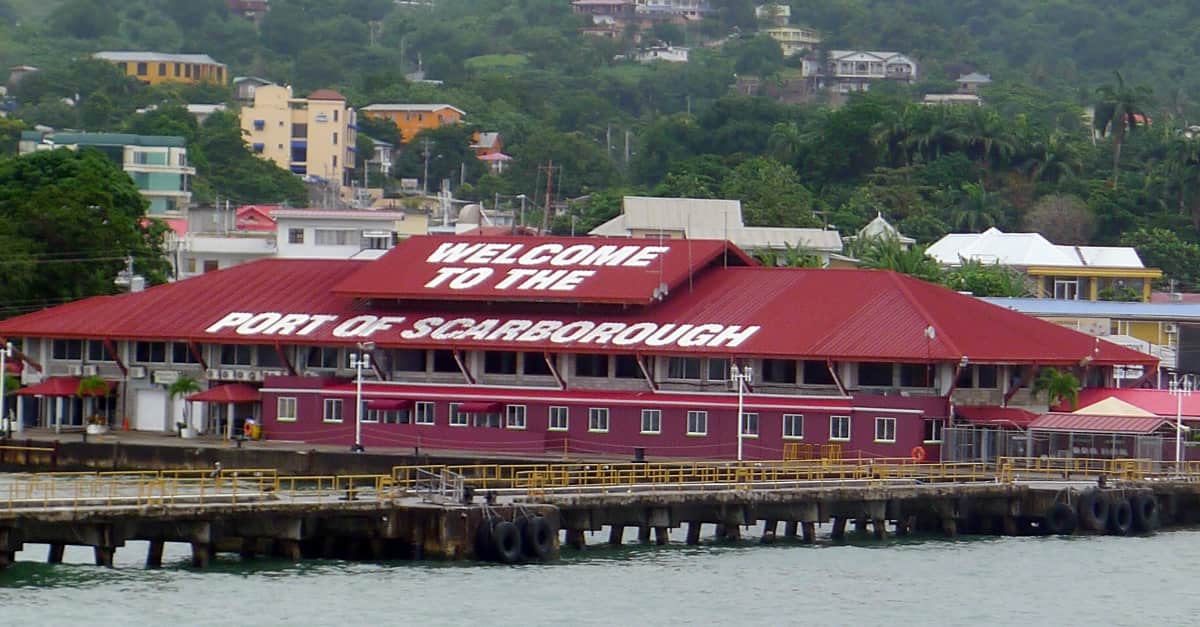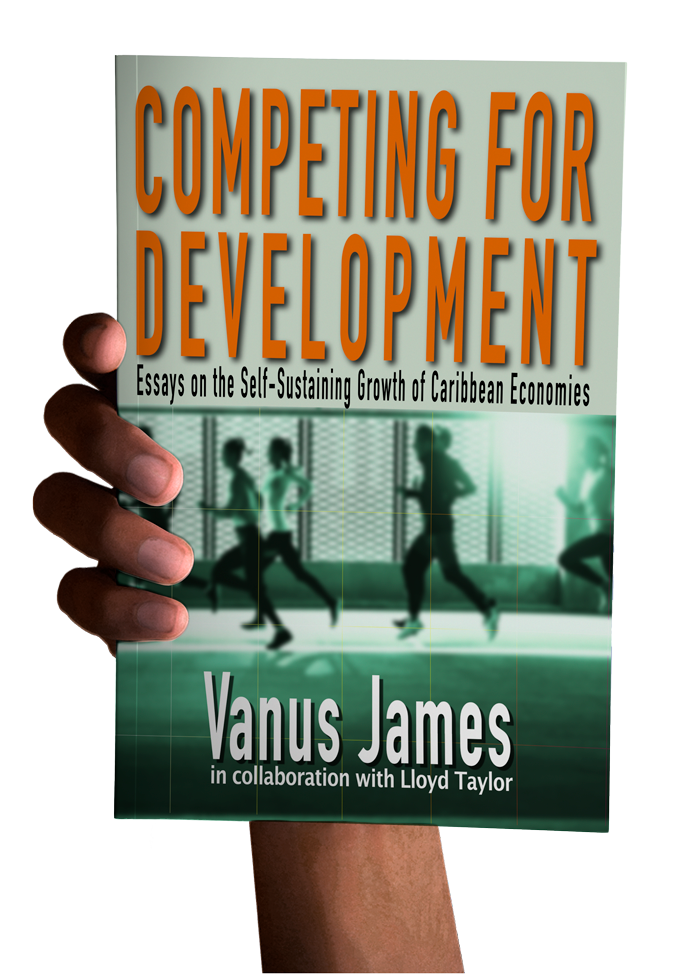
Industrial Tourism and the Development of Tobago
Discussion about the Sandals MOU is part of a larger discussion about how to develop the Tobago economy. Here, development means accumulation of capital that produces sufficiently rapid growth, creates good jobs, reduces underemployment in government, reduces the brain drain, and raises the incomes and living standards of workers. It is achieved by growing domestic savings, supplemented by foreign investment. The central challenge is to develop new industries that can raise productivity and profits and generate net exports that attract foreign investors. There are four options available to Tobago at this time, tied to our natural and human resources, and to our capacity to innovate and produce capital inputs for use in local and international investment.
First, let us put agriculture in perspective. Some subsidized agriculture could be done to provide income opportunity for those dedicated to it, and to encourage niche production in areas of high global demand and high prices. Nonetheless, labour productivity in agriculture is too low to drive development. As the Eastern Caribbean islands have discovered, small hilly islands like Tobago, with limited fertile soils relative to population, cannot develop by trying to feed themselves. They must import their food and export other output.
What about production of exportable consumer manufactures using the country’s low-cost energy input combined with imported inputs and labour? This option is being contemplated as so-called light manufacturing in the Cove Industrial Estate. However, light manufactures cannot be exported competitively unless we allow massive immigration of workers. The required scale of immigration would be stoutly resisted by the unions and the politicians. So, even with low-cost energy, the manufactures will have unit costs that cannot match those of China and the rest of Asia. Trinidad has already discovered this problem with its efforts at manufacturing and export of food and beverages. Even the Americans have found that they have no solution to the scale of labour immigration required and that without it they cannot compete successfully in the markets served by these industries. Tobago must look elsewhere.
The most obvious alternatives to agriculture and light manufacturing are industries that exploit rich supplies of natural resources, including favourable climate and geography, to supply output in high demand locally and globally. Here, Tobago is twice blessed – with gas and a favourable climate and geography for tourism. We can agree that Trinidad has cornered the market for LNG and manufacturing industries downstream gas, such as methanol and urea. Moreover, those industries are vulnerable to wild swings of fortunes and tend to create failure out of success. They pay wages way above what other industries could afford and cause their failure. It is not a bad idea to pipe Tobago’s gas to Trinidad to support the activities already established there. Tobago should exploit its tourism options, following a model different to most Caribbean islands.
The most important option is to produce high-quality capital services that are used as inputs into local and international investment. The industries involved here are education, healthcare, and the creative industries. Here, many policymakers get caught out because these industries supply both consumption and investment. Caribbean countries embrace them for consumption, making education, healthcare and entertainment part of the social wage. However, the great advantage of treating these as inputs for investment is that we confront the need to export their output. That also means entering into international collaborations to undertake the necessary investments and raise their quality to global standards. Success leads directly to an industrialised tourism that will make investments like those in Sandals and Magdalena capable of generating high profit and growth.
Opening up education to produce and export capital services also opens up options to build industries based on new innovations and technologies. Many accessible innovative industries are knowledge-based or rooted in the cultural creativity of the people. ICT is pivotal, offering prospects like coding to address cyber-security; advanced business process outsourcing using high-level professional services; animation and video gaming. Animation and gaming can be combined with the creative industries to support industrialisation of tourism. There are no significant scale restrictions, and whatever is produced can be exported on the broadband. We will need collaboration with capable international universities and corporate partners to ensure financing, quality, and international markets. If these collaborations can produce at least 200 graduates annually with the required high-level professional skills, Tobago can enter the market and succeed.
To adopt this approach to industrialisation, Tobago needs visionary government policies rooted in a participatory approach to governance. However, that is a subject for another essay.









